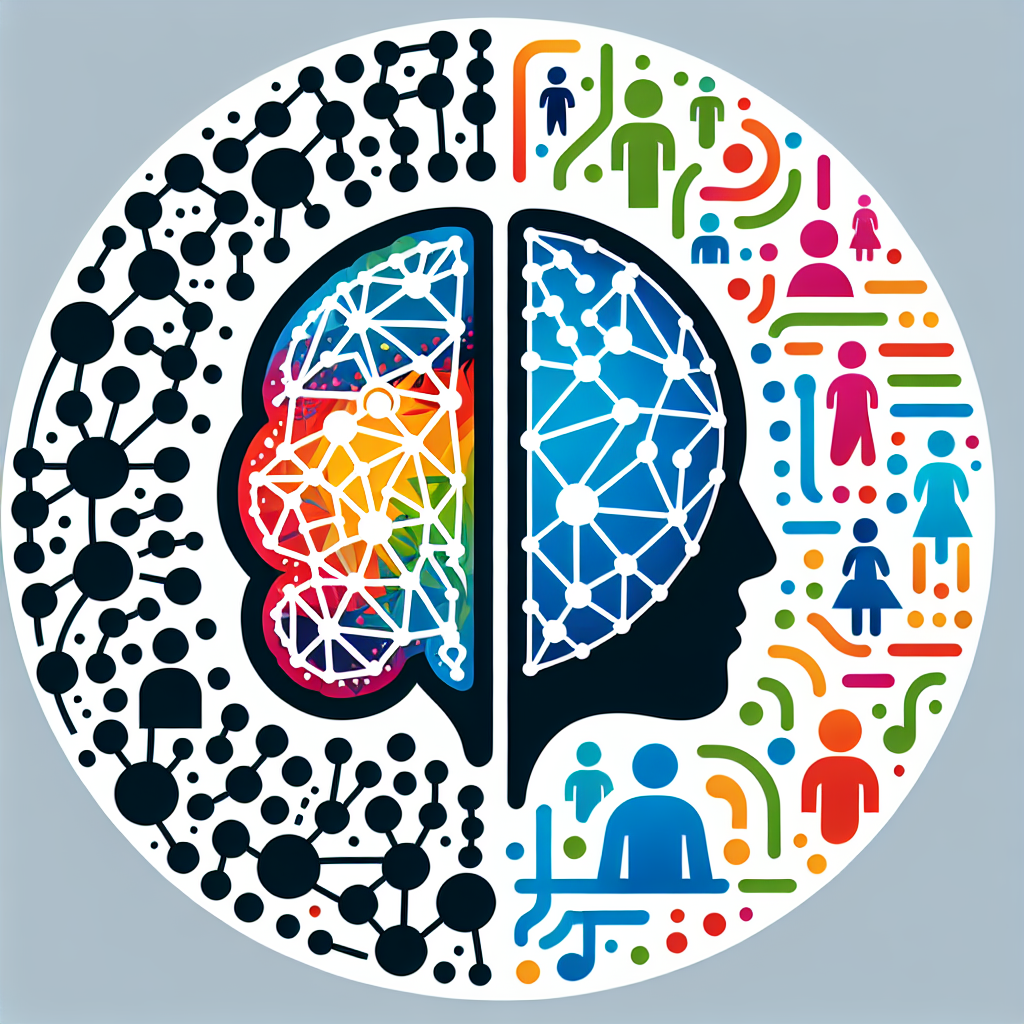In today’s rapidly changing world, the role of Artificial Intelligence (AI) is becoming increasingly prevalent in various aspects of our lives. From healthcare to finance, AI is transforming the way we live, work, and interact with the world around us. With this rapid advancement in technology, it is essential to consider the implications of AI on global citizenship education.
Global citizenship education (GCE) is a concept that aims to empower individuals with the knowledge, skills, and values necessary to become active, responsible, and engaged global citizens. It encompasses a wide range of topics, including human rights, sustainability, intercultural understanding, and social justice. By promoting critical thinking, empathy, and a sense of ethical responsibility, GCE seeks to foster a sense of global awareness and interconnectedness among individuals.
AI has the potential to enhance global citizenship education in various ways. By leveraging AI technologies, educators can personalize learning experiences, provide real-time feedback, and create interactive and engaging educational content. AI can also help students develop essential 21st-century skills, such as problem-solving, collaboration, and digital literacy, which are essential for active participation in the global community.
Furthermore, AI can facilitate access to education for learners in remote or underserved areas, bridging the digital divide and promoting inclusive and equitable education opportunities. AI-powered tools, such as virtual reality simulations and adaptive learning platforms, can cater to diverse learning needs and preferences, enabling students to learn at their own pace and in their preferred learning style.
However, as with any technology, AI also raises ethical, social, and political challenges that need to be addressed in the context of global citizenship education. One of the key concerns is the potential bias and discrimination in AI algorithms, which can perpetuate existing inequalities and reinforce stereotypes. Educators need to be aware of these issues and promote ethical AI practices to ensure that AI technologies are used responsibly and in a way that promotes social justice and equity.
Moreover, the rapid advancement of AI raises questions about the future of work and the skills that will be required in the digital economy. Global citizenship education needs to adapt to these changes by incorporating AI literacy and digital skills into the curriculum, preparing students for the jobs of the future and empowering them to navigate the complexities of the digital world.
To address these challenges and opportunities, educators, policymakers, and stakeholders need to collaborate and develop a holistic approach to integrating AI into global citizenship education. This approach should focus on promoting ethical AI practices, fostering critical thinking and digital literacy skills, and ensuring that AI technologies are used to promote social good and global citizenship values.
In conclusion, AI has the potential to revolutionize global citizenship education by providing new opportunities for personalized learning, inclusive education, and skills development. However, it also poses challenges that need to be addressed to ensure that AI technologies are used responsibly and in a way that promotes social justice and equity. By embracing AI and leveraging its potential, global citizenship education can empower individuals to become active, responsible, and engaged global citizens who are equipped to navigate the complexities of the digital age.
FAQs:
Q: How can AI enhance global citizenship education?
A: AI can enhance global citizenship education by personalizing learning experiences, providing real-time feedback, and promoting essential 21st-century skills. AI-powered tools can also facilitate access to education for learners in remote or underserved areas, promoting inclusive and equitable education opportunities.
Q: What are the ethical challenges of AI in global citizenship education?
A: One of the key ethical challenges of AI in global citizenship education is the potential bias and discrimination in AI algorithms, which can perpetuate existing inequalities and reinforce stereotypes. Educators need to be aware of these issues and promote ethical AI practices to ensure that AI technologies are used responsibly and in a way that promotes social justice and equity.
Q: How can global citizenship education prepare students for the future of work in the digital economy?
A: Global citizenship education can prepare students for the future of work in the digital economy by incorporating AI literacy and digital skills into the curriculum. By fostering critical thinking, problem-solving, and digital literacy skills, global citizenship education can empower students to navigate the complexities of the digital world and thrive in the jobs of the future.

